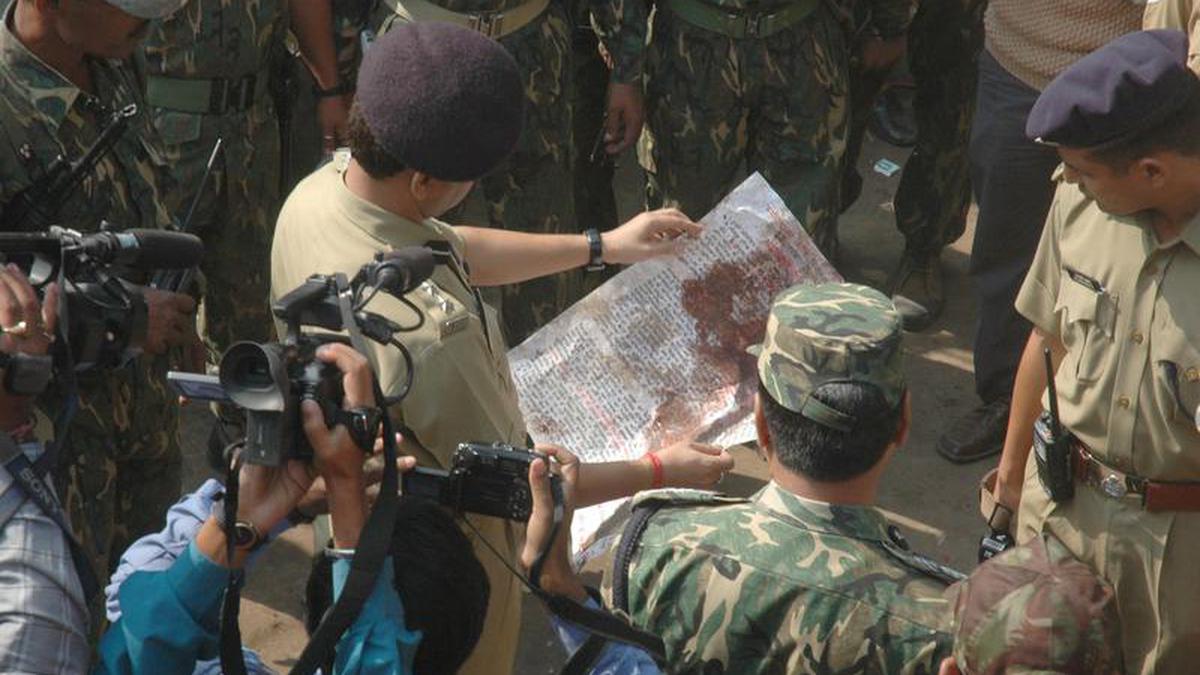
18 years after India’s biggest jailbreak
The Hindu
Former Naxal commander Ajay Kanu reflects on his past, transformation, and aspirations after serving 18 years in prison.
Ajay Kanu, 56, looks like any other middle-class man walking down a road in Bihar’s capital, Patna. He’s in blue jeans, black sports shoes, and a checked polycot shirt. He sports a bit of a middle-aged belly, and his spectacled, mildly pudgy face does not conform to the stereotype of a dangerous Naxal laughing in death’s face.
“It was in prison that I learnt who I was,” says Kanu, who has been a free man for a couple of years now, having served 18 years in several jails in the State. The erstwhile Naxal commander, accused in 50 cases of murder, today looks upon the world with forgiveness and some faith.
In 2005, Kanu, alias Sao, or the more sedate Raviji, was the reason behind the Jehanabad jailbreak that led to 389 prisoners, including several Maoists and hardcore criminals, escaping. Nearly a dozen people were killed and about half a dozen injured; police rifles and bullets were looted. The strength of the overcrowded Jehanabad jail at the time was 659; the official capacity was 140.
An officer, who later became Bihar’s Inspector General (IG) of Police in the early 2000s, says hundreds, both upper caste people and peasants, were killed in caste massacres in the 1990s and early 2000s. “Infamously known as the ‘killing fields’ or ‘flaming fields’, law and order in central Bihar — Jehanabad, Gaya, Aurangabad, Bhojpur, Arwal — was severely compromised.”
The main challenge for the police were the guerrilla warfare tactics that Naxals used, blowing up police vehicles and extorting money from private companies involved in construction. Their armed squads, sometimes supported by politicians, moved through the thick jungles of Jamui, Sasaram, Gaya, and Nawada, pitching their camps and planning attacks.
Towards the latter half of the 2000s, the Naxals shifted their base to the neighbouring Jharkhand districts.
The year of the Jehanabad jailbreak, Bihar recorded 13.4% of all crimes against Scheduled Castes and Scheduled Tribes, the third highest in the country. Patna recorded the highest cases of murder, robbery, and dacoity among cities.

Some accustomed to spreading propaganda against Union government as ‘anti-Tamil’: Nirmala Sitharaman
Union Finance Minister Nirmala Sitharaman defends government against accusations of being "anti-Tamil" over CA exam scheduling during Pongal.










